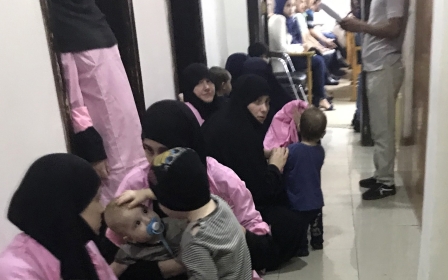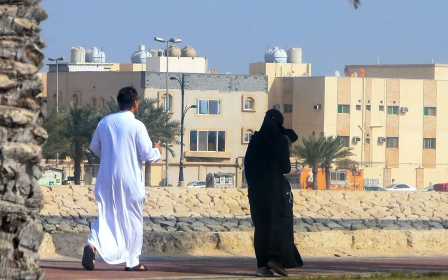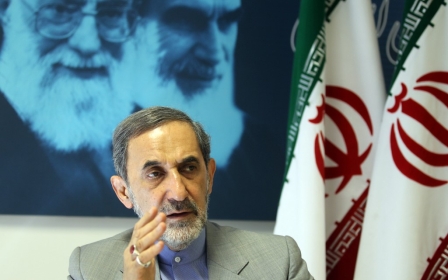Coronavirus: Islamic State group issues advice to followers

The Islamic State group has issued guidelines to its followers on how to deal with the coronavirus and avoid spreading the infection.
In the latest issue of its al-Naba newsletter, the militant group issued a set of "Sharia directives to deal with epidemics" and cited a number of hadiths (recounted sayings of the Prophet Muhammad) to justify tackling the epidemic.
The group advises "followers to cover the mouth when yawning and sneezing", citing that Muhammad "would place his hand or clothing on his mouth when he sneezed, and in this way reduced or diminished his voice".
The group also encouraged hand-washing and said that the "healthy should not enter the land of the epidemic and the afflicted should not exit from it".
New MEE newsletter: Jerusalem Dispatch
Sign up to get the latest insights and analysis on Israel-Palestine, alongside Turkey Unpacked and other MEE newsletters
"On the authority of A'isha (may God be pleased with her): she said: I asked the Messenger of God (SAWS) about the plague so he informed me that it is a 'torment sent by God on whomsoever He wills, and God has made it a mercy for the believers. Whosoever dwells in his land patient and awaiting as the plague falls, knowing that it will only strike the one for whom God has decreed, for that person is the likes of the reward of a martyr.'"
The statement also called for its followers to "put trust in God and seek refuge in Him from illnesses" and points out that "illnesses do not strike by themselves but by the command and decree of God".
IS has been reduced to a shadow of its former self in the Middle East in recent years, after major defeats in Iraq and Syria.
The group still maintains a strong presence in Africa and Asia, however, and last week claimed an attack in the Afghan capital Kabul that killed dozens of people.
The impact of the group's rule has been devastating, with mass graves still regularly uncovered across Syria and Iraq.
Despite the group's apparent newfound concern for hygiene, doctors have warned that the environmental impact of the group's rule has resulted in the spread of chronic illnesses across Iraq and Syria.
Middle East Eye delivers independent and unrivalled coverage and analysis of the Middle East, North Africa and beyond. To learn more about republishing this content and the associated fees, please fill out this form. More about MEE can be found here.





